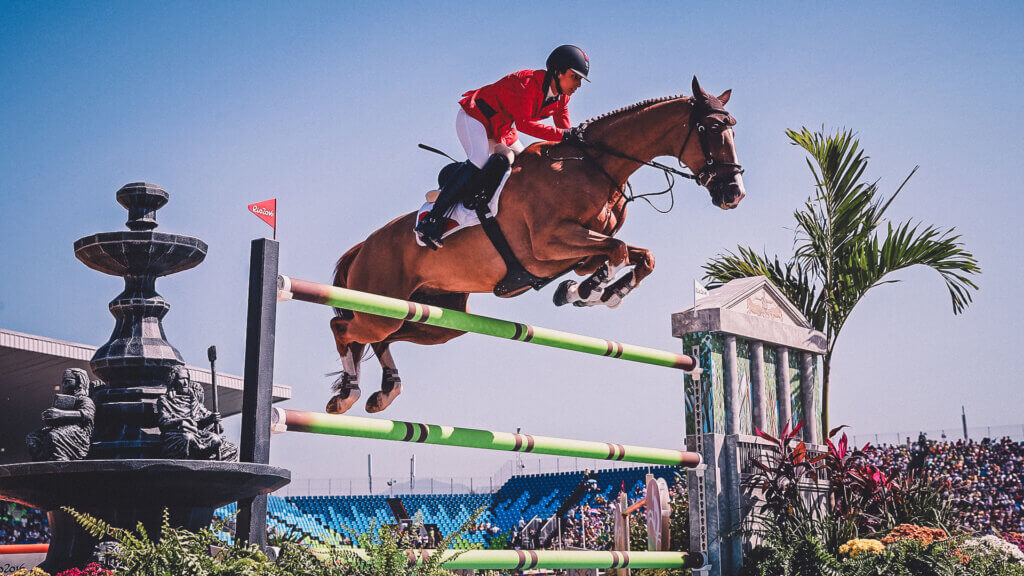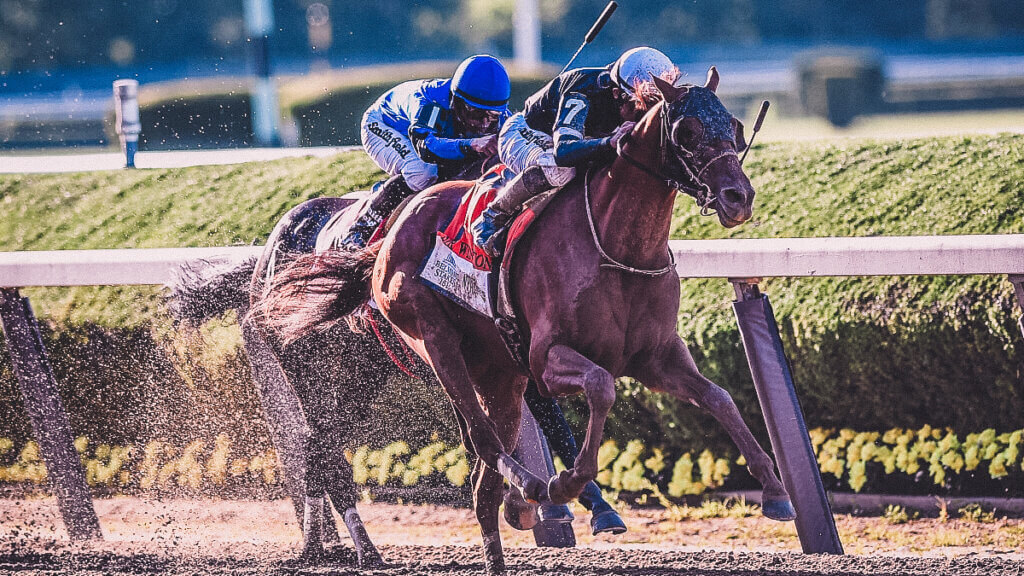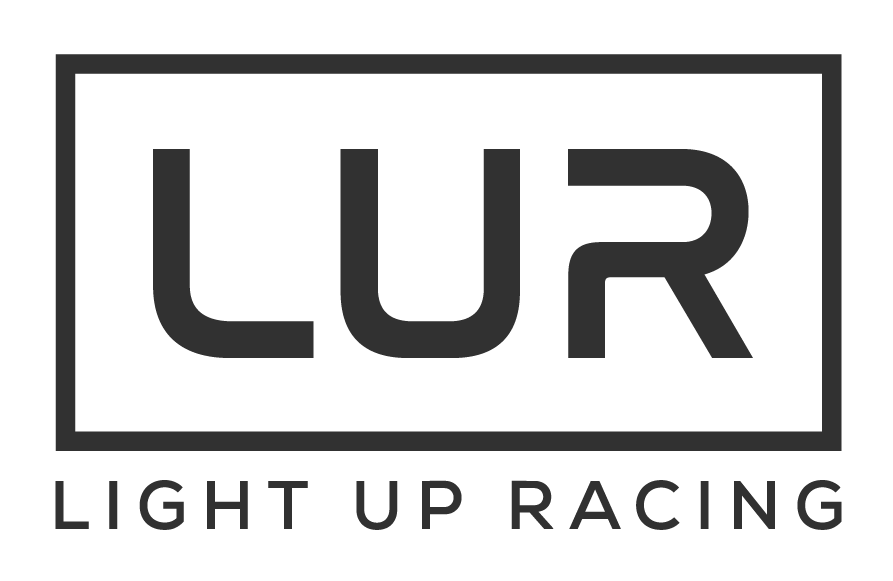Pearson, G.; Douglas, J.; Wolframm, I.; Furtado, T. Used like Pawns or Treated like Kings? How Narratives around Racehorse Welfare in the 2023 Grand National May Affect Public Acceptance: An Informed Commentary. Animals 2023, 13, 3137. Read full paper here.
Summary
The 2023 Grand National steeplechase faced significant scrutiny due to a protest by ‘Animal Rising,’ which delayed the race, spotlighting the social licence (SLO) of horse racing. The event underscored the dichotomy between pro- and anti-racing perspectives, revealing how the racing industry’s attempts to defend itself might inadvertently harm its image through a misunderstanding of SLO principles. This incident highlights the growing public concern over equine welfare in sports, particularly in high-risk events like the Grand National, which has historically seen a significant number of equine deaths. Despite changes to improve safety, the race’s inherent risks continue to fuel debate and media coverage, underscoring the necessity for the racing industry to address public welfare concerns transparently and proactively.
The concept of SLO, crucial for industries involving animal use, demands that practices align with evolving public and ethical standards. This is especially pertinent for jump racing, which finds itself at a crossroads due to media portrayal and potential legislative changes. The paper argues for an interdisciplinary approach that integrates equine welfare science with human psychology to better address public concerns and improve SLO. It criticizes the racing industry’s communication strategy during the Grand National, which emphasized the quality of life for racehorses outside the racecourse but failed to adequately address safety measures and improvements during races. This communication gap suggests a misalignment with public concerns about in-race equine welfare and safety.
The paper further discusses the necessity of ‘walking the walk’ by genuinely prioritizing equine welfare beyond mere verbal assurances. It points out the shortcomings in current racehorse management practices, highlighting the need for the industry to adopt evidence-based welfare improvements visibly and substantively. Emphasizing shared values between racing proponents and critics, the paper suggests that acknowledging and actively working towards reducing equine injuries and fatalities could bridge the divide and enhance SLO. Moreover, it calls for a more inclusive and respectful dialogue with critics, moving beyond defensive tactics to engage constructively with different viewpoints and criticisms.
In conclusion, the events surrounding the 2023 Grand National exemplify the racing industry’s challenges in maintaining its social licence amid shifting societal attitudes towards animal welfare. To secure a future that respects both tradition and ethical progress, the industry must embrace change, prioritize genuine welfare improvements, and foster open, transparent communication with the public and critics alike. Failure to adapt and respond proactively to these concerns may jeopardize the long-term viability and social acceptance of horse racing.
Recommendations for the Racing Industry:
- Engage with Independent Opinions: Actively seek out and consider the viewpoints of welfare scientists, critics, and the broader public to understand and address concerns.
- Prioritize Equine Welfare: Implement and highlight tangible welfare improvements based on current scientific understanding, moving beyond superficial welfare assurances.
- Acknowledge and Address Safety Concerns: Transparently communicate the steps being taken to reduce risks and improve safety in racing, recognizing that there is always room for improvement.
- Foster Constructive Dialogue: Move away from dismissive or defensive communication strategies. Instead, engage in respectful discussions with critics to find common ground and potential solutions.
- Embrace Transparency: Be open about the challenges and limitations faced by the industry in improving equine welfare and safety, and the measures being taken to address them.
- Collaborate with Advocacy Groups: Consider partnerships with moderate advocacy groups and NGOs to develop and implement welfare standards, demonstrating a commitment to continuous improvement.
- Avoid Whataboutery: Resist the temptation to deflect criticism by pointing out issues in other sectors or branches of the industry. Focus on addressing the issues within racing itself.
- Commit to Ongoing Improvement: Recognize that societal attitudes and scientific understanding of animal welfare are evolving, and commit to ongoing evaluation and adaptation of racing practices accordingly.



